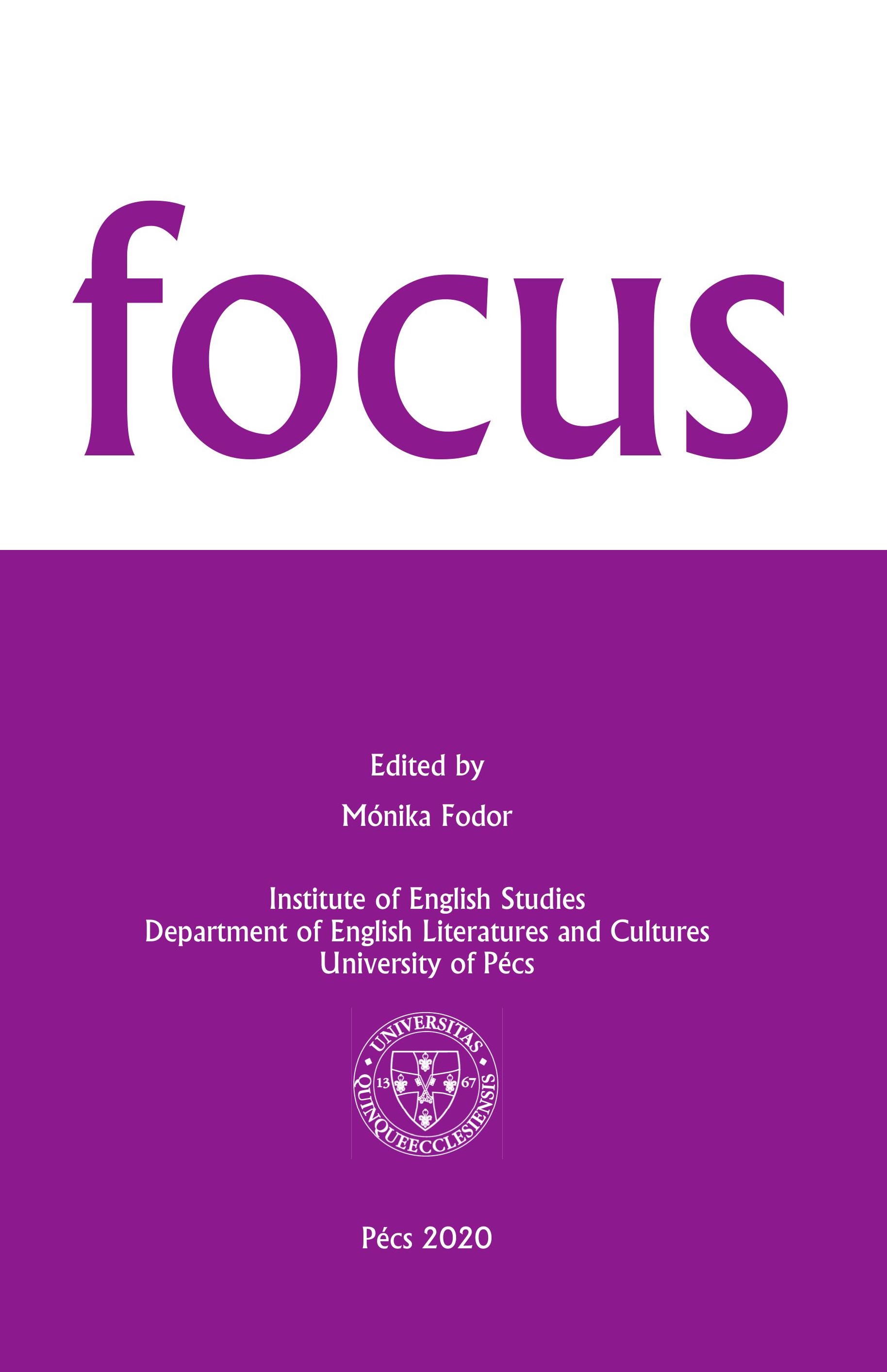“For I Am Nothing without You”: Fragmentariness and the Transformability of Archetypal Identity in David Rabe’s The Orphan
DOI:
https://doi.org/10.15170/Focus/12.2020.6.93-104Abstract
In the fi eld of literary refashioning and adaptation studies, ancient Greek drama has constituted an inexhaustible source of inspiration for artistic creation and production. When it comes to drama and theatrical performance, David Rabe’s The Orphan, the third play in his Vietnam-themed tetralogy, falls precisely in this category, as it is a revised and “extensive transposition” (Hutcheon 7) of two classical works: Aeschylus’s The Oresteia, the only surviving Greek trilogy, as well as Euripides’s Iphigenia at Aulis. In adapting these tragedies, the playwright chooses to juxtapose them onstage in order to represent and record the events which mark the generational trauma and the familial war in Agamemnon’s House. Rabe’s turn to classical Greek tragedy and his vision to rely on it and inform it are two inescapably “political acts” (Sanders 97), spurred by personal experience. The playwright had attended a performance of Euripides’s tragedy and had seen in it a link between the Trojan and the Vietnam War—and by extension Iphigenia’s sacrifice and the My Lai massacre—before proceeding, subsequently, to write the play in question. His realization that “the Greeks saw that reason was the flip side or dark side of unreason” and that his novel ideas were actually rooted in the ancient past (Morphos and Rabe 81) is the drive which urges him to base his play essentially upon the parent texts while attaching it to a uniquely different trajectory.
Downloads
Published
How to Cite
Issue
Section
License

This work is licensed under a Creative Commons Attribution-NonCommercial-NoDerivatives 4.0 International License.
FOCUS: Papers in English Literary and Cultural Studies follows the principles laid down by Creative Commons, which provides guarantees for the Author’s copyright while also ensuring that intellectual properties are made available for the wider public in a digital form. All papers submitted to the journal apply the following licence conditions (indicated on the journal’s website as well as in individual publications):
“© This work is licensed under a Creative Commons Attribution-NonCommercial-NoDerivatives 4.0 International License.”
You are free to:
- Share, copy and redistribute the material included in the journal in any medium or format under the following terms:
- Attribution — You must give appropriate credit to the Author, and indicate the original place of publication [FOCUS: Papers in English Literary and Cultural Studies, Issue nr., page numbers.].
- NonCommercial — You may not use the material for commercial purposes.
- NoDerivatives — You are not allowed to remix, transform, or build upon the material.
- The above conditions must always be indicated if the journal material is distributed in any form.
- The above conditions must always be met, unless a written permission signed by the Author and the Editor-in-Chief states otherwise.

